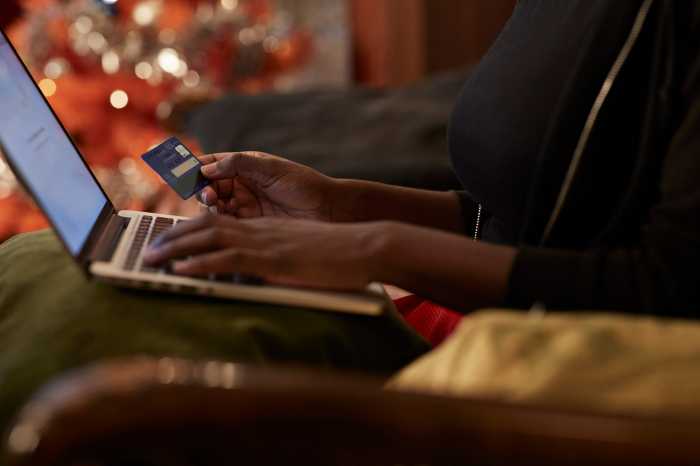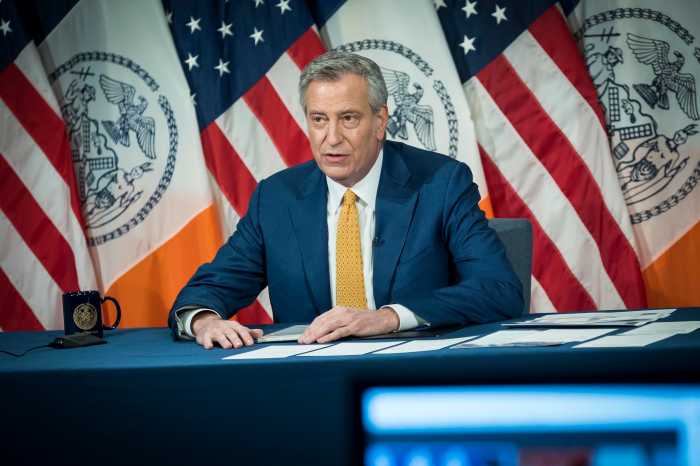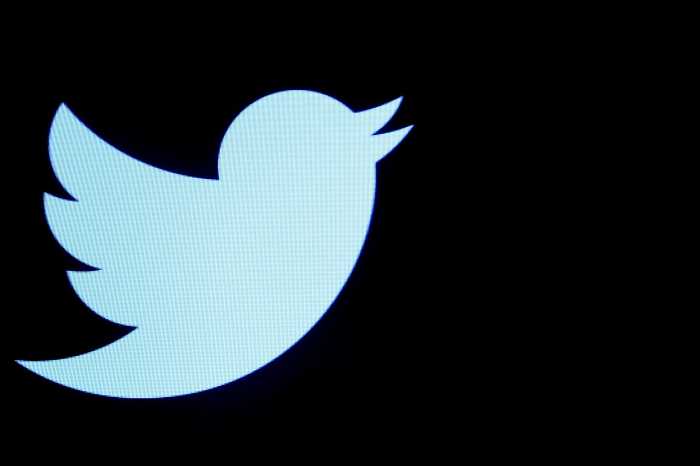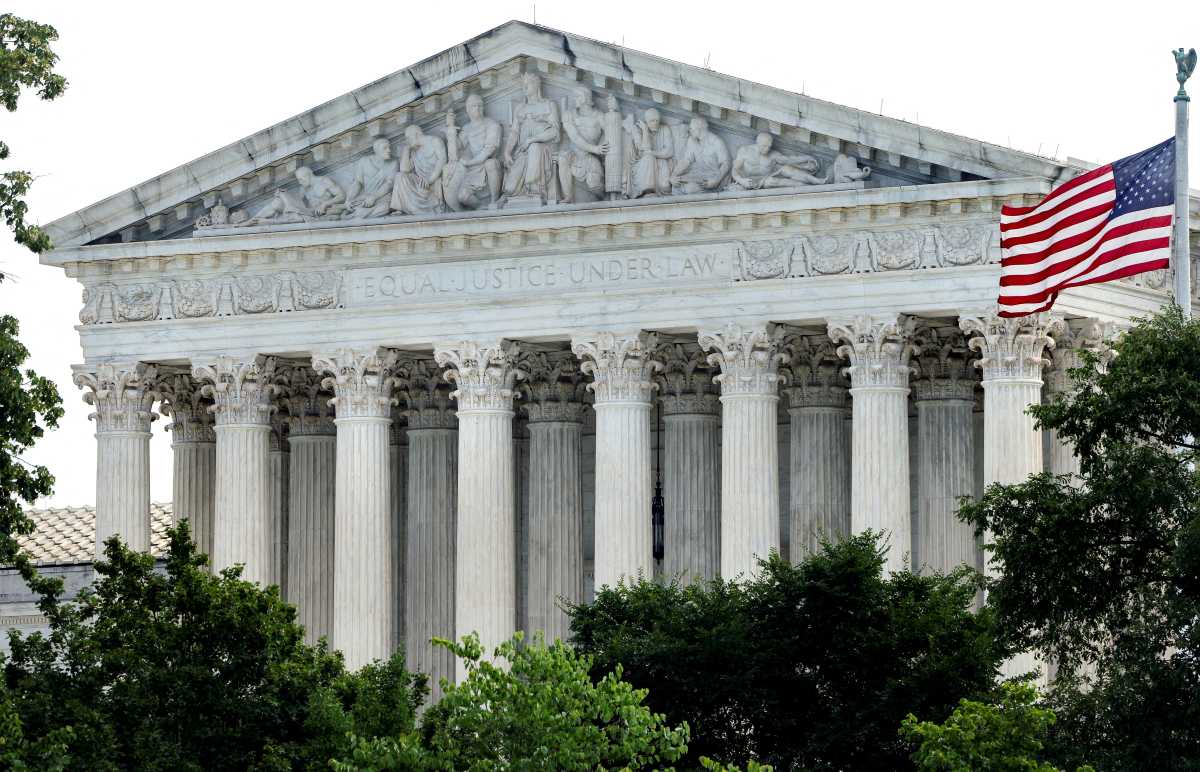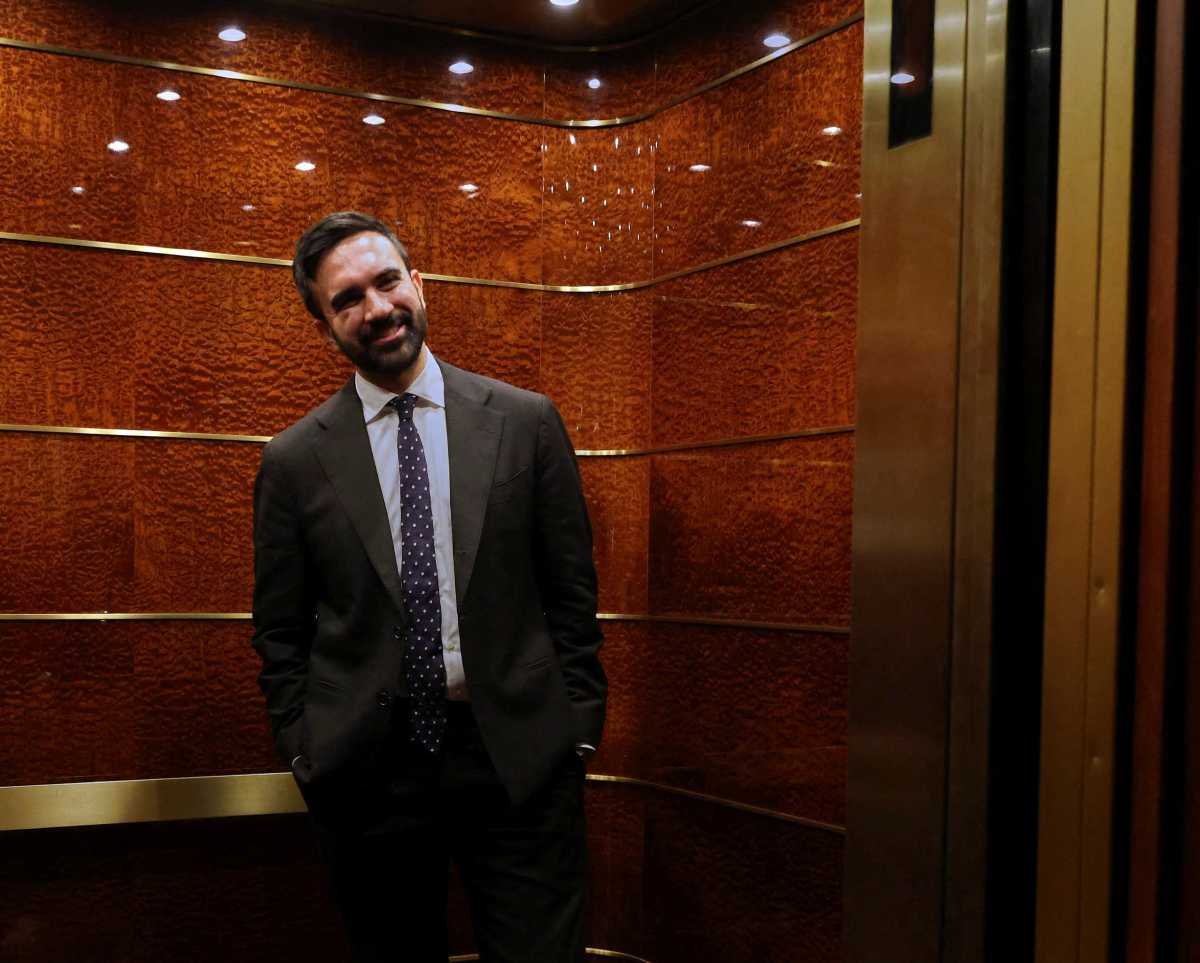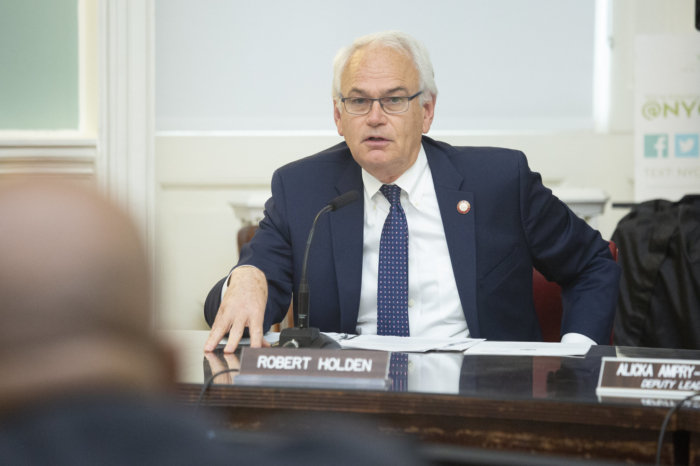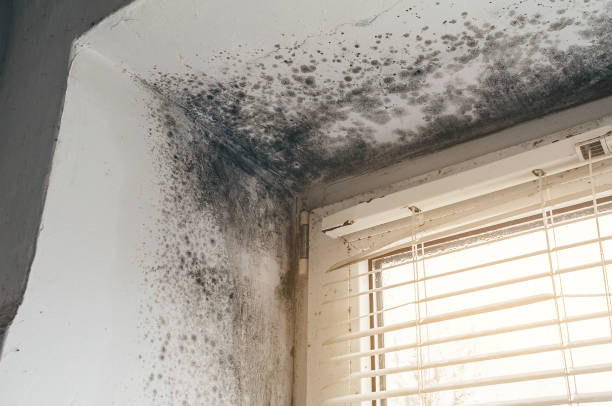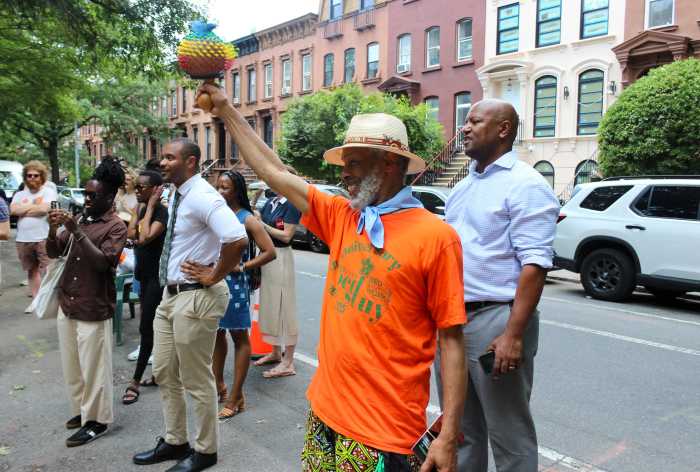Take a second and think of all the ways, big and small, your daily life has changed over this past year. Our office meetings have turned into Zoom conferences. Our children turned to online lessons as schools closed. Instead of visiting parents and loved ones, we checked in with a phone call or a video chat, if we were lucky. And with in-person doctor’s visits limited, so many of us turned to telemedicine to get the physical and mental support we needed.
What do all of those changes have in common?
They would not have been possible without quality, reliable broadband, which is something so many New Yorkers take for granted. Broadband is the electricity of the 21st century. But for too long, it has been treated as a luxury instead of the utility that it is. Entering the pandemic, 40% of New Yorkers lacked a combination of home and mobile broadband. And more than 1.5 million people in our city lacked any form of high-speed internet connectivity.
It is long past time for every New Yorker to have affordable, reliable broadband in their home. Yesterday, the Federal Communications Commission (FCC) launched a new program called the Emergency Broadband Benefit to help low-income New Yorkers and Americans connect in the short term. If you are a New Yorker without broadband, call 311 as soon as possible and we will help you apply if you qualify – the program is first-come, first-served until funding is gone.
This is a great immediate step. But it’s only part of what needs to be done over the long term – and as we recover from COVID and build a fairer, more equitable City, we must go much further. This past year has shown us that broadband is a racial justice issue, and one of the defining civil rights issues of our time. Which New York City neighborhoods have been disconnected? The same Black and Brown communities that have been systematically discriminated against; historically underserved by large corporations; and hit hardest by COVID-19.
Every household without broadband is one where a parent cannot work remotely or find a job online. It is a household where a grandparent or loved one cannot safely connect with a doctor through telehealth. It is a household where a child is at risk of being left behind academically, unable to participate in school online. That inequality is unacceptable, and it must change.
We have already taken massive steps to bridge the digital divide. In January 2020, we launched the Internet Master Plan, a comprehensive blueprint for expanding connectivity for all. It is the first plan of its kind in the nation – and has been called “the most thoughtful and comprehensive blueprint of any major City.” During the early days of COVID, we delivered 10,000 internet-connected tablets to older New Yorkers living in public housing and provided hundreds of thousands more tablets to families with public school students. Now, we’re ready to go so much further. Instead of letting a few select companies control internet access in New York City, we’re soliciting broadband bids from startups, minority-and-women-owned enterprises (M/WBEs), corporations, and community-based organizations to better serve New Yorkers. And we’re giving this project the investment it deserves, committing $157 million to accelerate the Internet Master Plan and get every New Yorker connected faster.
This isn’t about providing a trivial service. Broadband is essential to every New Yorker, and essential to our city’s future. Affordable, high-speed internet means our children are ready for the economy of the future. It means our workers can perform tasks better and have more opportunity. It means our small businesses can compete on a level playing field. It means economic growth and good jobs here in the Big Apple. Above all, this is an investment in our people – an investment that studies demonstrate will more than pay for itself over time.
We cannot close the digital divide alone. We need the private sector to shift trajectory and join the City’s in reaching its vision for equitable connectivity. We need the federal government to not just provide emergency stopgaps but to create long-term solutions. The Biden-Harris Administration has a long road ahead to transform the broken broadband marketplace but should use the NYC Internet Master Plan as a blueprint for real system change across the nation. Congress too must take leadership by recognizing that broadband is as essential in the 21st century as electricity was in the 20th century and should be given the same status as a utility. The Federal Communication Commission’s attempts at real system change, to categorize broadband as a utility- recognizing it as essential to everyday living as electricity- have been blocked by the courts. It’s time for Congress to step in, it’s time for the federal government to support cities in their endeavors to close the digital divide, and it’s time for to give New Yorkers the future they deserve.
J. Phillip Thompson is the Deputy Mayor of the City of New York. John Paul Farmer is the Chief Technology Officer of the City of New York




